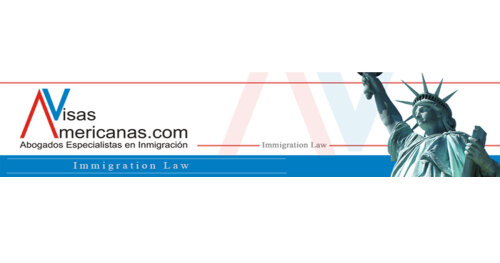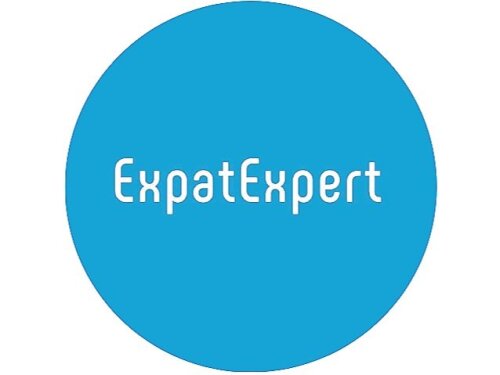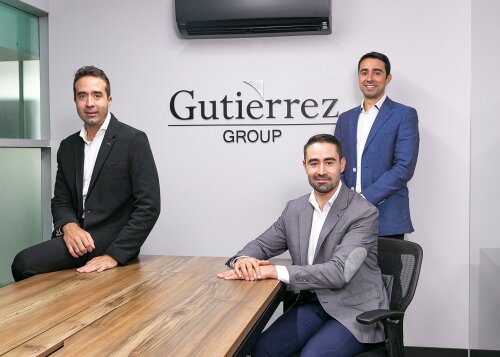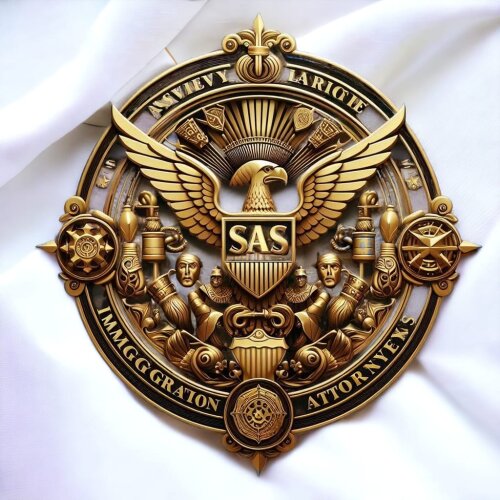Best Asylum Lawyers in Bogota
Share your needs with us, get contacted by law firms.
Free. Takes 2 min.
List of the best lawyers in Bogota, Colombia
About Asylum Law in Bogota, Colombia
Asylum law in Bogota, Colombia, is designed to protect individuals who are facing persecution or serious threats in their countries of origin due to reasons such as race, religion, nationality, political opinion, or membership in certain social groups. Both Colombian national laws and international conventions guide the asylum process, ensuring that qualified applicants can seek safety and protection within Colombian territory. As the capital city, Bogota hosts multiple governmental and international agencies that support asylum seekers throughout the application process.
Why You May Need a Lawyer
Navigating the asylum process in Bogota can be complex and overwhelming. There are several situations where having an experienced lawyer is beneficial, including when your application to seek asylum is denied or delayed, when you are detained by immigration authorities, when you need to appeal a decision, or when you are unsure of how to gather and present evidence for your case. A lawyer can guide you through interviews, paperwork, and hearings, as well as help you understand your rights and obligations. Having legal guidance increases your chances of a successful application and helps prevent potential legal pitfalls.
Local Laws Overview
Colombia is a party to both the 1951 Refugee Convention and its 1967 Protocol, and the Colombian Constitution guarantees the right to asylum and refuge. The main institution responsible for handling asylum applications is the Ministry of Foreign Affairs, specifically through its Grupo Interno de Trabajo de Refugio. Applicants must submit an application that includes personal information, supporting documentation, and an account of the reasons for seeking asylum. The government will evaluate whether the situation meets the criteria for refugee status under Colombian and international law. During the process, applicants are generally protected from deportation. Local laws emphasize timely applications and truthful declarations, and there are procedures in place for appealing negative decisions.
Frequently Asked Questions
What is the difference between asylum and refugee status in Colombia?
While the terms are often used interchangeably, “refugee status” in Colombia usually refers to the formal recognition provided to individuals seeking protection under international criteria, after a successful asylum application process.
How do I apply for asylum in Bogota?
You should submit your asylum application to the Ministry of Foreign Affairs or its delegation in Bogota. Your application must detail your identity, reasons for seeking asylum, and supporting evidence of persecution or threats.
How long does the asylum process take?
The time frame can vary depending on the complexity of your case and the volume of applications. Some cases are resolved within months, while others may take over a year.
Can I work while my asylum application is pending?
Usually, asylum seekers in Colombia are issued a temporary permit which may allow them to work legally while their case is under review.
If my asylum application is denied, do I have any options?
Yes, you can appeal the decision within a set period, generally within five working days after the denial notification. A lawyer can help you build a strong appeal.
Can my family apply for asylum with me?
Immediate family members such as spouses and minor children can generally be included in your application, but each case is assessed individually.
Do I need a lawyer to apply for asylum?
While you are not required to have a lawyer, legal assistance can help ensure your application is complete, accurate, and well-supported, increasing your chance of approval.
What happens if I am detained by immigration authorities?
You still have the right to request asylum, and you should inform the authorities of your intention to apply. You should seek legal help as soon as possible to protect your rights.
Can I travel outside Colombia while my application is pending?
Traveling abroad while your asylum application is pending may jeopardize your case. It is advised to remain in Colombia until a final decision is made.
What kind of evidence should I provide for my asylum application?
Relevant evidence includes identification documents, photographs, news articles, police or medical reports, witness statements, and any documentation that supports your account of persecution or risk.
Additional Resources
There are several resources and organizations in Bogota that offer assistance to asylum seekers:
- Ministry of Foreign Affairs of Colombia – Responsible for asylum and refugee applications
- Grupo Interno de Trabajo de Refugio – Main unit handling refugee matters
- United Nations High Commissioner for Refugees (UNHCR) – Provides legal and humanitarian support
- Jesuit Refugee Service Colombia – Offers legal guidance, social, and psychological support
- Red Cross Colombia – Delivers humanitarian assistance and support for vulnerable migrants
- Local legal clinics and non-governmental organizations specializing in migration and asylum
Next Steps
If you or someone you know needs legal assistance for an asylum matter in Bogota, begin by gathering all relevant documentation and evidence that supports your need for protection. Reach out to the Ministry of Foreign Affairs or a local legal aid organization to start your application. Consider consulting with an experienced lawyer who specializes in asylum cases, as they can guide you through each step, help prepare your case, and represent you in legal proceedings if required. Remember to keep copies of all your documents, attend all appointments on time, and remain informed about your rights and responsibilities as an applicant.
Lawzana helps you find the best lawyers and law firms in Bogota through a curated and pre-screened list of qualified legal professionals. Our platform offers rankings and detailed profiles of attorneys and law firms, allowing you to compare based on practice areas, including Asylum, experience, and client feedback.
Each profile includes a description of the firm's areas of practice, client reviews, team members and partners, year of establishment, spoken languages, office locations, contact information, social media presence, and any published articles or resources. Most firms on our platform speak English and are experienced in both local and international legal matters.
Get a quote from top-rated law firms in Bogota, Colombia — quickly, securely, and without unnecessary hassle.
Disclaimer:
The information provided on this page is for general informational purposes only and does not constitute legal advice. While we strive to ensure the accuracy and relevance of the content, legal information may change over time, and interpretations of the law can vary. You should always consult with a qualified legal professional for advice specific to your situation.
We disclaim all liability for actions taken or not taken based on the content of this page. If you believe any information is incorrect or outdated, please contact us, and we will review and update it where appropriate.















